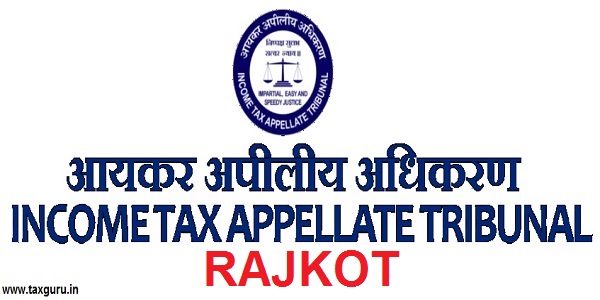Over the period of 6 decades, the Income Tax Act of India has undergone various impediments. The judgments of the courts or amendments by parliament has made the Act lengthy and hard to interpret as there was a need to ease up the provisions and make it shorter. It is expected that the government may introduce the country with the newly drafted Direct Tax Code (DTC) drafted by 8 members of the task force .The motive behind drafting the DTC includes simplifying the tax regime and provide relief to domestic and foreign companies. Below mentioned are the changes proposed by the DTC:
Individuals
Below are several changes that are proposed for individual category:
- The Individual taxpayers of the country may expect change in the slab rates from current slab rate of 5%, 20% and 30% to 5%, 10%, 20%, 30% and 35%.
- Those who earn above INR 2 crore may fall in the tax bracket of 35%.
- Surcharge for individuals might be removed.
Dividend Distribution Tax (DDT)
- Section 115-O of the Income Tax Act, 1961 is considered as one the harsh provisions of the Act. According to this provision the companies who are desirous of distributing the income earned as dividend to its shareholders are liable to pay DDT after grossing up the amount as per section 115-O(1B) which increases the amount of tax nearly about 6%.
- It is proposed by the task force to remove the provision of DDT which can be a big relief for the companies paying such tax.
However, the provision of section 2(22) a/b/c/d/e and section 115-O (1A) may remain applicable.
Incentives for Startups
Indian is a hub to many startups where the current government is working towards the below favorable actions to nurture startups:
- Ease up of the provisions in many acts along with the Income Tax Act
- Help in boosting the economy
- Generating employments
It may be possible that DTC may further relax the provisions and act as a backbone to startups rather than pushing them under tax compliances and burden.
Assessment Units may replace Assessing Officer (AO)
Assessing officer is an income tax officer who has jurisdiction to make an assessment of a taxpayer. It is clear by earlier acts of the current government that it is trying to automate every process to maximum level possible with an aim to reduce face to face communication of assesse and the AO. In case of GST, this step has actually reduced the cases of under the table deals between taxpayers and the AO. Government is trying to achieve the same for Income Tax.
Tax Litigations
Recently, CBDT has raised the threshold limit for filing appeals in tax disputes with the aim to reduce tax litigations. For Income Tax Appellate Tribunal (ITAT), it raised the amount from INR 20 lakh to INR 50 lakh, for High Court it elevated the amount from INR 50 lakh to INR 1 crore and for the apex court it raised from INR 1 crore to INR 2 crore. Hence it states that the government is aiming at reducing the number of litigations in the DTC for which the task force may have introduced a new concept of mediation between tax payer and CBDT.
The DTC may have less number of sections as compared to the Income Tax Act which currently has over 700 sections in force. It is expected that DTC may come with fewer complexities and provisions which eliminates unjustified burden of tax on assesse.























Respected Sir, Under DTC, the attempt of setting the threshold limit for appeal certainly reduces litigation,but it also amounts to denying the rihht of justice to an aggreived taxpayer which is in violation of constitutional right bestowed upon him.